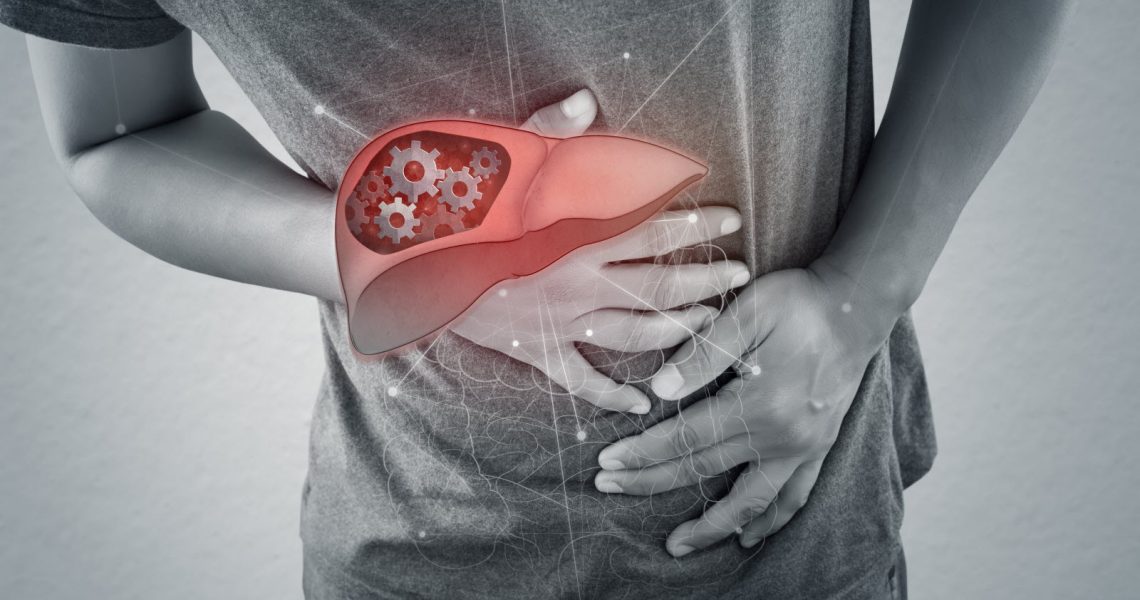Three out of five liver cancers are considered preventable. And among the main causes? Excessive alcohol consumption. But behind these figures lie more serious realities: a silent disease, often detected too late, attributable to lifestyle choices that can be reversed.
Alcohol consumption: a major but reversible danger
Every glass counts. Even those justified as “tolerable”. Because alcohol has a direct impact on the liver, making it vulnerable to chronic, sometimes irreversible damage. Since the recently published national study, it appears that stopping or substantially reducing alcohol consumption is associated with an almost 40% reduction in the risk of alcohol-related cancers (liver, throat, oesophagus, etc.).
These benefits are not far off: they begin as soon as you break the cycle of abuse. Alcohol withdrawal, combined with long-term abstinence, then becomes a major public health measure.
Withdrawal symptoms: what to expect
Quitting alcohol is not a trivial step. After years of drinking, the body reacts quickly:
- From 6 to 12 hours: anxiety, tremors, insomnia, nausea .
- Between 24h and 72h: possible aggravation, delirium tremens, hallucinations, seizures.
- The acute phase lasts around 3 to 7 days, but psychic symptoms can last for several weeks.
Without medical support, these periods can expose you to severe risks. That’s why it’s so important to have appropriate follow-up care as soon as you decide to free yourself from an addiction.
Read also: If you’d like to launch a new business, we offer training courses in ear reflexology.
Why act now? The benefits of properly supervised withdrawal
These benefits go far beyond the “liver” aspect:
- Substantial reduction in the risk of cancer of the liver, oral cavity, pharynx, esophagus, colon and rectum.
- Improved liver function, smoother digestion, revitalized energy.
- Mood stabilization, improved sleep quality, reduced anxiety and risk of post-weaning depression.
Once weaning has begun, each alcohol-free day reinforces these effects. It’s a gradual but real victory.
Alcohol withdrawal: a step-by-step process
1. Personalized diagnosis
A healthcare professional (doctor, addictologist, nurse or psychologist) assesses dependency and medical history, and proposes a customized plan. Specialized associations and structures such as Alcool Info Service also offer essential support.
2. Appropriate treatment in the acute phase
In some cases – particularly in the presence of severe signs – hospitalization may be necessary. Benzodiazepines (chlordiazepoxide, diazepam) prevent seizures, and vitamin supplementation (particularly B1/thiamine) protects the brain.
3. Transition to stable abstinence
Partial or total cessation, supervised and gradual, helps to avoid sudden relapses. Prolonged abstinence is clearly associated with a reduction in the risk of cancer of the order of 40% or more.
4. Psychological and social support
Talking groups, psychotherapy, family support or associations – the human dimension is crucial. Breaking isolation makes transformation sustainable.
Creating a new routine: a complementary ally in withdrawal
Sport, wellness rituals, breathing techniques… All these practices support your decision. They bring structure, pleasure and a new story to tell yourself. And they occupy the mind as well as the body, reducing cravings.
In conclusion: freeing yourself from alcohol is already taking action to prevent cancer.
Yes, three out of five cases of liver cancer can be prevented. Change starts with concrete decisions, today. The alcohol withdrawal associated with abstinence, is not just a health initiative, it’s also a promise of serenity, a way of regaining control over one’s body, one’s future, one’s life.
It’s a demanding path, but a human one. And above all, it’s life-saving. So, ready to cross this first chapter, freely
If you want to stop drinking alcohol, make an appointment at one of our laser centers throughout France.
